Young girl showing her power climbing a pole.
Do we really know our kids?
Many parents take advantage of the child's time in the playground as a rest time after a day's work, as an opportunity to peek through messages on a Smartphone, read the daily news or make a few phone calls.
What a missed opportunity!
Sometimes, our attention is directed at the child only when he is misbehaving. Instead, when we spend time with the child in the playground we should put the phone on silent in the bag, and look at our child: to see how he behaves, how he copes with challenges, how he is dealing with other children, so we can give him different attention, positive attention. The child will feel that we really see him and not just watch him from a distance.
Let's look through a different lens and see what our kid does on the playground. Let's look at his activity from four directions: motor, social, emotional and cognitive.
The motor domain
Progress in space: What are the forms of progress in the space that your child uses? Is she moving only forward or also backward or sideways? Does she advance only by walking or also by running, crawling, leaping or skipping? Does she progress only with her feet or also with her hands? Does she make unique movements on the equipment? You can suggest to her: "Try to switch from one piece of equipment to the other by skipping"," try to move inside the equipment instead of outside".
Power: Does the child deal with actions that require great power, such as climbing on fire pole or hanging on bars, or is she avoiding them? It is worth encouraging her: "I saw that you invested a lot of power when you climbed the fire pole," "Let's see how much power you have to hang on the bar."
Balance: How does the child cope with situations of outside from balance, like falling, or almost falling? You can reflect to him: "I saw that you lost your balance, fell and went back to walk on the beam," "you were a little bit frightened when your foot slipped and you nearly fell."
The social domain
Behavior in society: How does a child behave toward other children? Is he pleasant company or is he behaving wildly, scornfully, speaking rudely?
Communication: How does she interact with other children? Is she sociable with children she does not know, or does she avoid making contact with unfamiliar children? Is her communication merely verbal, or does it also involve common play?
Imitation: Does he look at how children do a certain activity and imitate them? You can suggest to him: "Let's see what Tim does on the bars, maybe you'll try it too?"
Collaboration: Does she cooperate with other children in a sense of equality? Is she a leader or a follower? Does she compromise often, only occasionally, or always expect to get her way?
Together or alone: Does he prefer to play alone, in two or in a group? In this context, it is important to know the age of the child, since each developmental stage is characterized by the nature of a different play - a two-year-old cannot be expected to play like a five-year-old.
The emotional field
It is important to remember that the activity on the equipment meets certain needs of the child, and therefore the choice of the equipment and the actions taken on it may indicate the child’s need.
Preference: Pay attention to which equipment the child runs first when he comes to the playground and ask him: "I see that you really like the [...] What do you like about it?"
Delayed gratification: Can the child postpone satisfactions, for example, wait in line without pushing, or see other children eating a snack or ice cream without throwing a tantrum to have one as well?
Challenge: Watch him experience a new structure or activity that is more difficult than he has done before: does he embrace or avoid the challenge? "I saw that you tried to climb the fire pole and did not succeed, and you tried again and again, I'm glad you did not give up, keep trying, I'm sure you'll succeed!"
Boredom: Does she come to your bench often and say she's bored? Does she initiate an activity? Does she manage to resolve the boredom, or does she always need your help?
Innovations: How is he dealing with new places? When you arrive at a playground he does not know, does he run happily to the facilities, or linger and fear new places?
Help: Is he willing to get help from others? In order to ask for help, one must admit weakness and recognition of the inability to take action on your own, but there is a great desire to meet the new challenge.
Determination and persistence: Does she give up after an unsuccessful attempt, or continue to try with determination and perseverance until she succeeds?
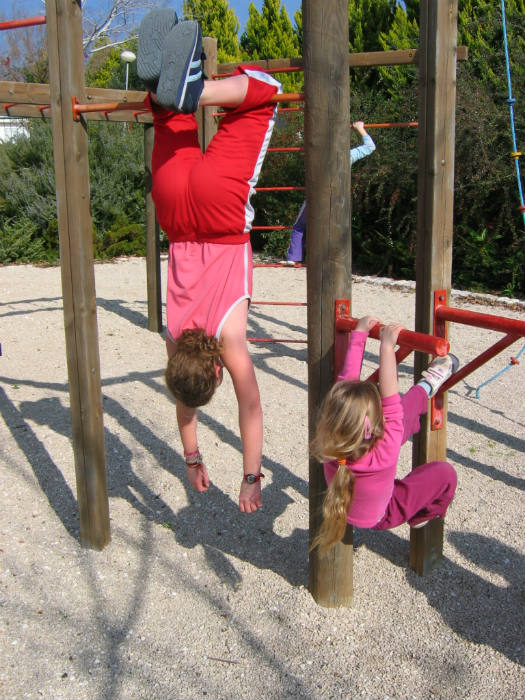
The cognitive field
Troubleshooting: How does the child solve problems? Children encounter difficulties in movement organization on non-standard climbing equipment. Does your kid succeed in bringing himself to the task, or does he return to his comfort zone without dealing with a more complex movement organization?
Estimation of distances: Does she correctly estimate distances? Does she encounter other equipment or children? On the Monkey bars, is she able to move her hands precisely to the next bar?
Spatial experience: Does your kid love varied spatial experiences, such as hanging with his head down, turning around the carousel or swinging on the swing?
You will not find the answers to these questions on your Smartphone - only by observing your child's behavior while playing in the playground. This observation may reveal to you both your child's strengths and competence and also his weaknesses and difficulties, and it helps you to focus on developing the skills that he needs to strengthen.


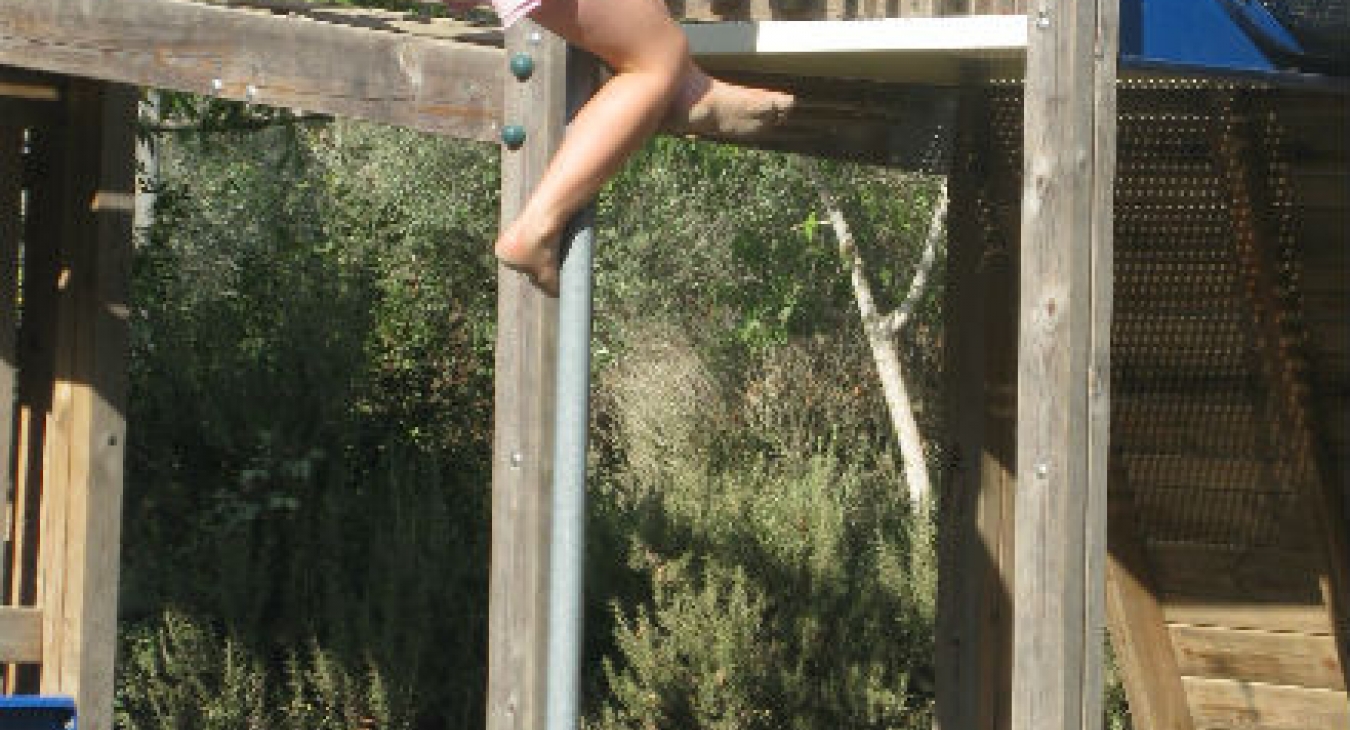
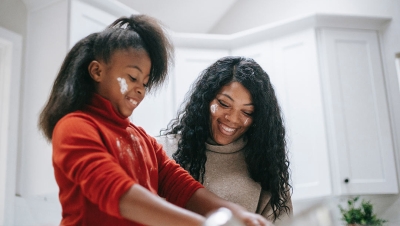
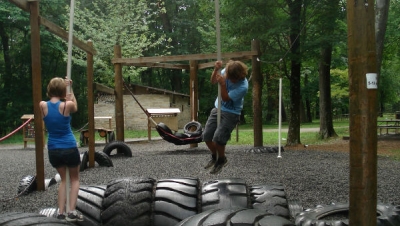
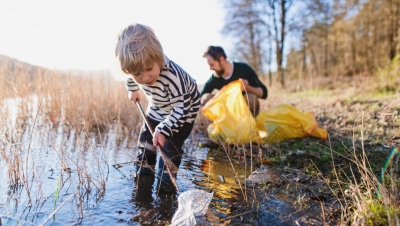
Thank you Pat for your
Thank you Pat for your comment!
Parents this is an article
Parents this is an article you want to pay attention to. Yaara gives parents the opportunity to observe their children while they play. You can see their strengths and weaknesses. Encourage your child to hang a little longer from the monkey bars. Later when you are back home congratulate your child for waiting patiently while the younger child took a while to get down the slide. Way to go Yaara for educating parents on play
GREAT! Short, clear and
GREAT! Short, clear and comprehensive.
What a wonderful and
What a wonderful and informative article!
A fascinating article.
A fascinating article. Looking forward to publishing the book in English.
Congratulations!
Congratulations!
You're no longer 'just' an expert.
From now on, you're an international expert.
Good luck!